Download our Free Guide:
Senior Living Explained
Learn what different types of senior living care are available and which one best fits your needs now and in the future.
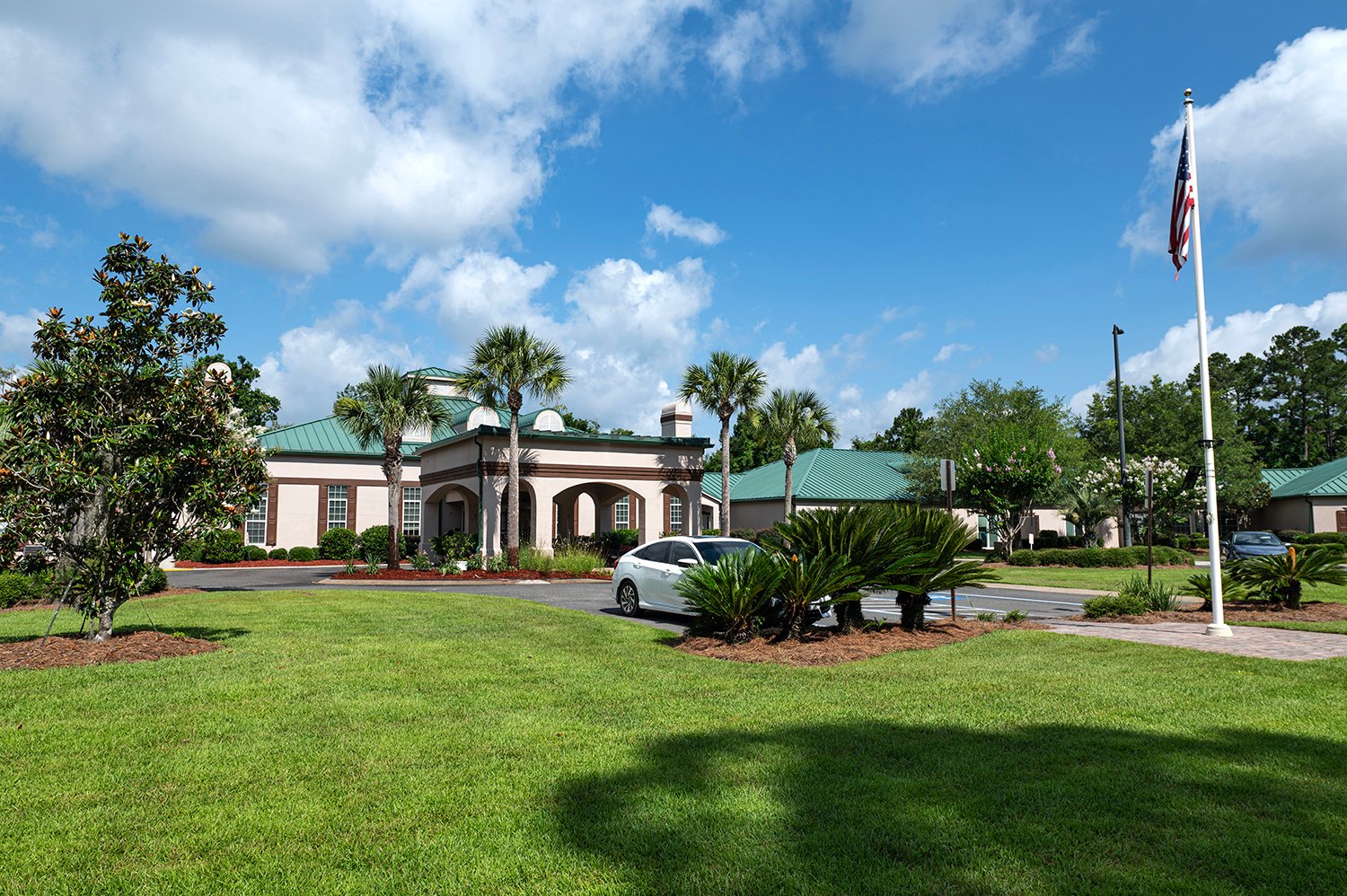
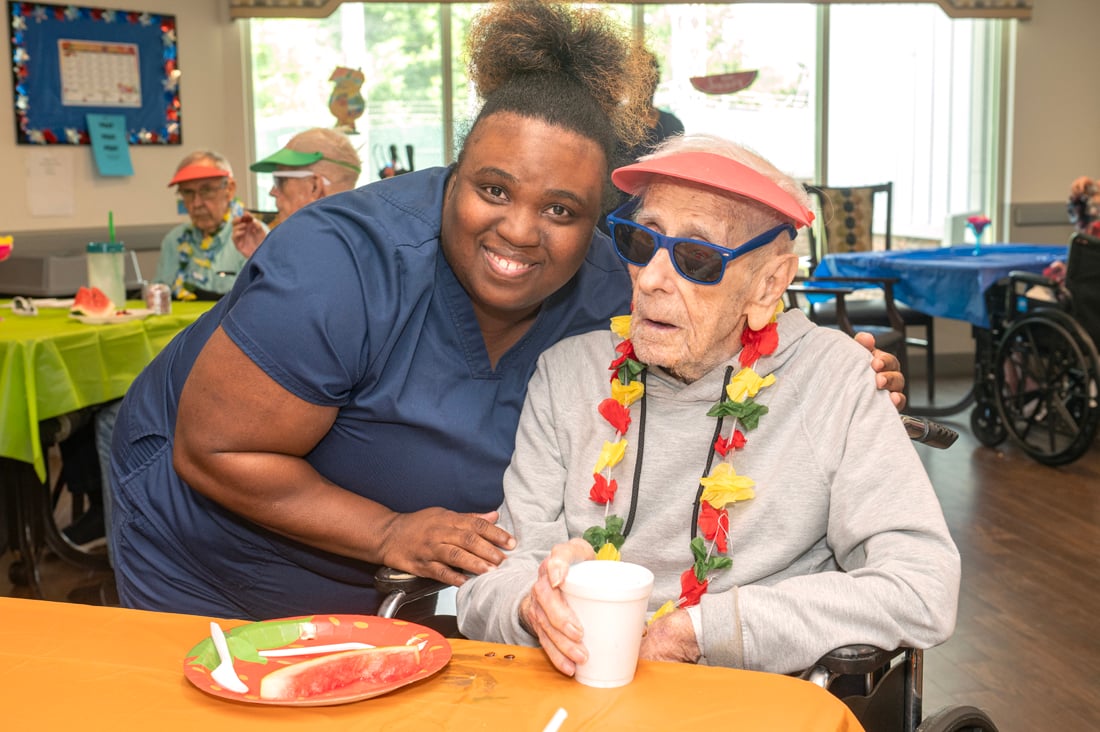
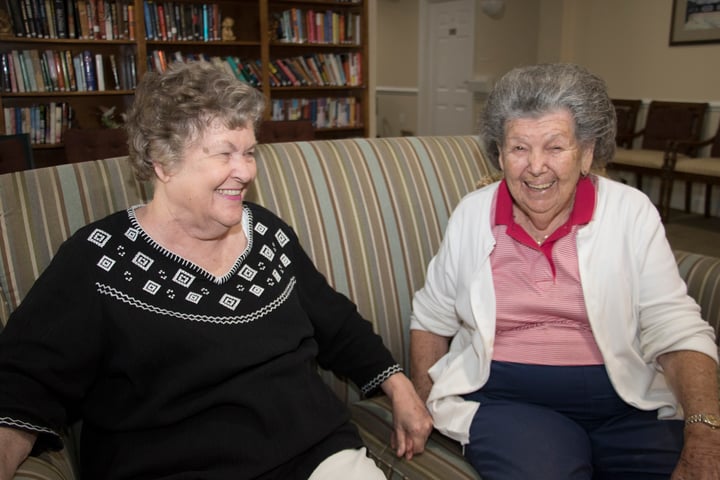
With so much talk about Alzheimer’s disease, it is easy to forget that there are other forms of dementia. Whether you’re getting older yourself, or you care for an aging loved one, it is important to understand the different causes of dementia, and especially the symptoms. The earlier you get medical advice if you suspect a problem, the better the chances there will be help to manage the disease.
In a nutshell, dementia refers to any group of symptoms (collectively called a syndrome) that affect memory, communication, and ability to perform daily living tasks. Alzheimer’s is one type of dementia, and it’s the most common, affecting an estimated 60-80% of dementia patients. But dementia is also a symptom of other progressive diseases such as Parkinson’s and Huntington’s. Some people suffer from more than one type of dementia.
.jpg?width=389&height=259&name=Columbus%20AL%20-%202025%20Mothers%20Day%20Tea%20(5309).jpg) The World Health Organization estimates that over 47 million people worldwide suffer from some form of dementia. In the US, the National Institutes of Health reports more than 5 million suffer from Alzheimer’s alone.
The World Health Organization estimates that over 47 million people worldwide suffer from some form of dementia. In the US, the National Institutes of Health reports more than 5 million suffer from Alzheimer’s alone.
Developing dementia is not a given
Interestingly, although we typically associate dementia with advanced age, it is not necessarily part of the aging process. In other words, not all older adults will develop dementia. Undoubtedly, the saddest fact about dementia is that doctors cannot definitively diagnose mixed forms or Alzheimer’s until after the patient dies and an autopsy is conducted. Nonetheless, the majority of Alzheimer’s cases are correctly diagnosed based on symptoms. Most other forms are associated with a particular diagnosable disease or condition.
Dementia causes and symptoms
Dementia can result from vascular diseases, stroke, depression, hypoglycemia, chronic drug use, chronic infections such as HIV, or as side-effects of other diseases such as Huntington’s and Parkinson’s as noted above. Whatever the cause, dementia occurs as a result of brain cell damage. Symptoms are grouped into three stages.
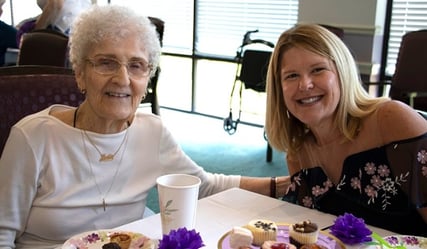 Mild:
Mild:
Moderate:
Advanced:
While only a few types of dementia are reversible, progression can often be slowed and better managed with medications and/or supplements that support cognitive function, help control behavior, or alleviate depression and sleep problems. Eventually, however, problems escalate to the point where patients are not able to care for themselves. They can also develop depression or become aggressive.
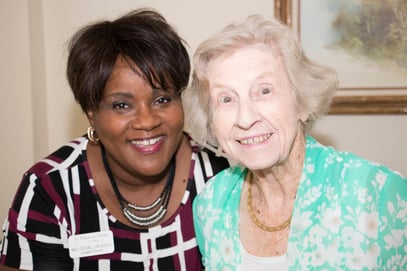 Alzheimer’s is a fatal disease with no known cause or cure
Alzheimer’s is a fatal disease with no known cause or cure
It’s possible to develop this disease as a young adult, but symptoms typically become apparent in the 60s or later. Alzheimer’s causes progressively worsening damage to a patient’s ability to think, remember, and communicate. Depending on their age, patients can live up to 20 years with the disease, or they may succumb in as few as three years.
Symptoms of Alzheimer’s can be very similar to those listed above, and doctors may also use the same medications to treat symptoms, such as cholinesterase inhibitors that help reduce memory loss.
Magnolia Manor Can Help
As a family of communities dedicated to giving seniors the richest possible lives as they age, our staff here at Magnolia Manor understands the heart-wrenching difficulties that come with any form of dementia. We have a free brochure that gives some brief tips for persons caring for someone with dementia. You can download it here. We can also offer experienced advice when the time comes to look into assisted living or a memory care facility. And you can be confident that, whichever community you choose, your loved one will receive loving, professional care.
It’s never too early to talk. We invite you to contact us any time at 1-855-540-LIFE (5433).
Learn what different types of senior living care are available and which one best fits your needs now and in the future.
